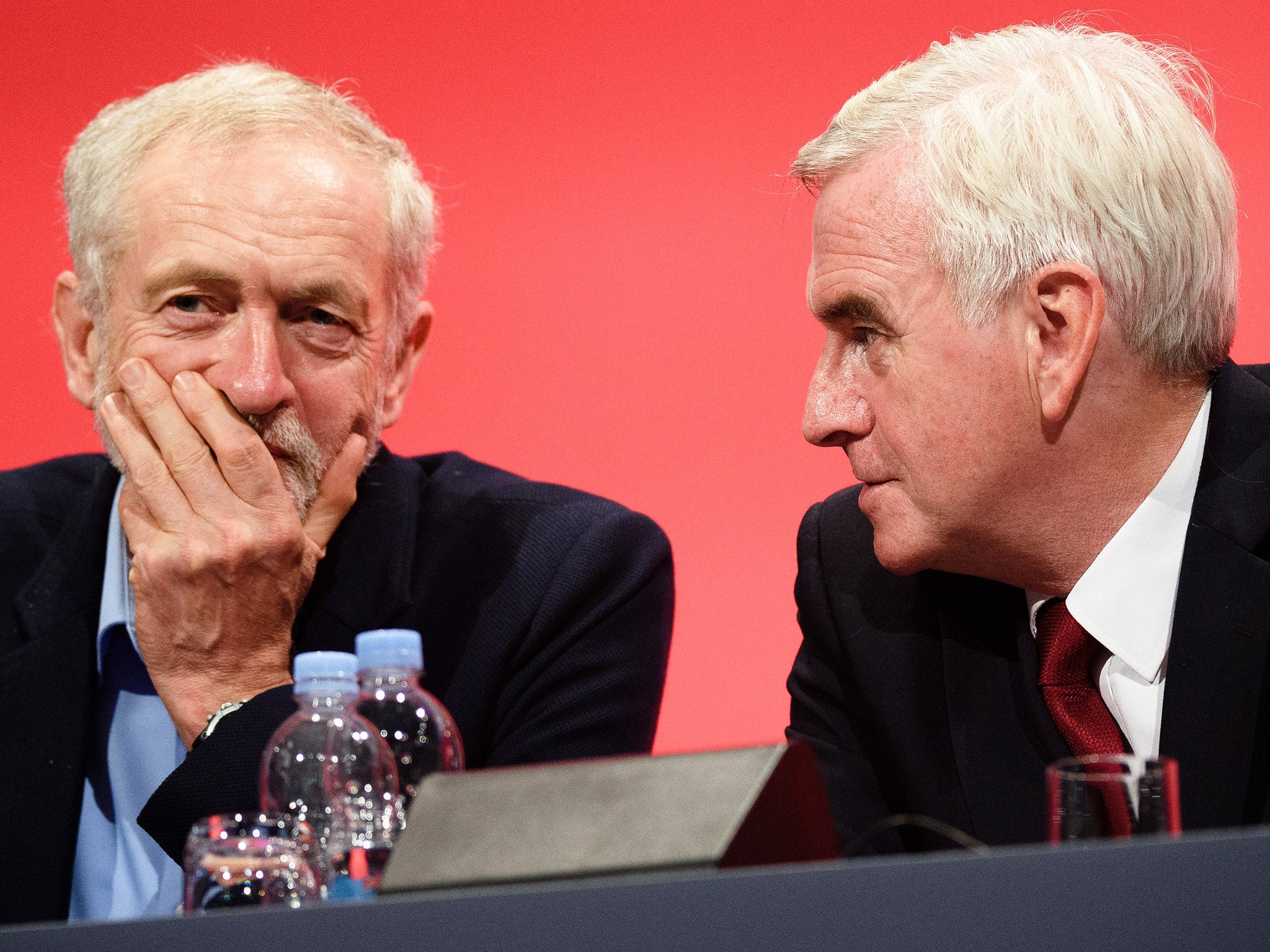Labour has changed its position over the fiscal charter, but not its clear and consistent principles
We will balance the country’s finances by ending the unfair tax cuts to the wealthy, opposing austerity, tackling tax evasion and avoidance and investing for growth


George Osborne will use the debate on his Charter for Budget Responsibility to stage a piece of political theatre.
The Chancellor stood before us five years ago and pledged to eliminate the deficit by 2014-15. He failed and now he’s back to ask for another five years.
Much has been made of my change in decision regarding Wednesday’s vote. Initially I thought it best to treat the vote with the contempt it deserved, vote for the Charter, avoid claims of deficit denial and move on. The gathering economic storm clouds and the implications of the Charter in terms of cuts to services, tax credits cuts for millions of families, and constraining investment for the future have become much clearer and have persuaded me Labour should not be associated with it at all.
Let’s be clear. We have changed our position with regard to the vote, or the Parliamentary tactics around what is clearly a political stunt, but we have not changed in our clear and consistent principles.
Our underlying commitment to tackling the deficit has not deviated and nor has our vow not to do so on the basis of unprecedented attacks on our public services or by punishing middle and low income earners for a crisis they did not cause. We will balance the country’s finances by ending the unfair tax cuts to the wealthy, opposing austerity, tackling tax evasion and avoidance and investing for growth.
Let’s be clear about one thing: George Osborne’s austerity approach to deficit reduction has failed, yet now he hopes we will fall for it again.
Time and time again the Conservatives’ date for balancing the budget has been pushed back as his inflexible approach to cutting the deficit fails. Decimating our public services without regard for the Government’s role in stimulating economic activity has not delivered what he promised, but he hopes trying the same thing again might deliver different results. Even worse, he is playing Westminster games by pretending he wants Parliament to tie his hands for the future.
Of course, we recognise that the long-term financial welfare of our people relies on ensuring that the public finances are on a sound footing. As I wrote in The Guardian two months ago: Labour under Jeremy Corbyn is committed to eliminating the deficit and creating an economy in which we live within our means.
We will soon be consulting with our Economic Advisory Committee on a statement of fiscal principles and a detailed strategy for reducing the deficit. But we are firmly resolved that this deficit reduction must be carried out in a just way which does not punish pensioners, young people and those who rely on tax credits.
We will do so by looking at expenditure but also by looking at new ways to stimulate economic growth, while this Chancellor seems to be determined to shirk his responsibilities for building a strong economy for the future.
As a proportion of GDP, total investment in the UK remains well below other G7 countries and has fallen even further behind in recent years. Productivity also lags behind G7 competitors more than at any point since 1991.
The OECD reported in June that the UK needs stronger investment, due to the low perceived quality of infrastructure. And while we welcome the Chancellor’s conversion to the idea of a National Infrastructure Commission, it will achieve precious little as long as it relies for finance on flogging off more state assets.
Many academic and applied economists have joined the political commentators in seeing through Mr Osborne’s charade
This doesn’t just harm our economic future. Whether it is the National Grid warning about the level of spare capacity, the shortage of teachers or the number of small construction firms struggling to find qualified bricklayers, there are constraints on growth which are affecting output now and will continue to do so unless something is done.
The global outlook is unclear, with the IMF cutting their growth forecasts, emerging markets performing at their weakest since 2009, concern about the global impact of interest rate rises in the USA and a deepening recession in Brazil.
In this context, ruling out the possibility of productive capital investment would be extremely foolish. A binding commitment to inflexible surpluses is, as I outlined in interviews earlier this month, incompatible with macroeconomic theory and practice. Many academic and applied economists have joined the political commentators in seeing through Mr Osborne’s charade.
A strategic state works in partnership with businesses, entrepreneurs and workers to stimulate growth. A strategic approach to Government creates the opportunity for massive advances in technology, skills and organisational change that will drive up productivity, create new innovative products and new markets.
The Labour Party under Jeremy Corbyn will take a strategic approach to planning for the economy of the future, taking seriously the many challenges at home and abroad, and will not support proposals which would hinder a future Chancellor from doing the same.
John McDonnell is shadow Chancellor
Join our commenting forum
Join thought-provoking conversations, follow other Independent readers and see their replies
Comments
Bookmark popover
Removed from bookmarks